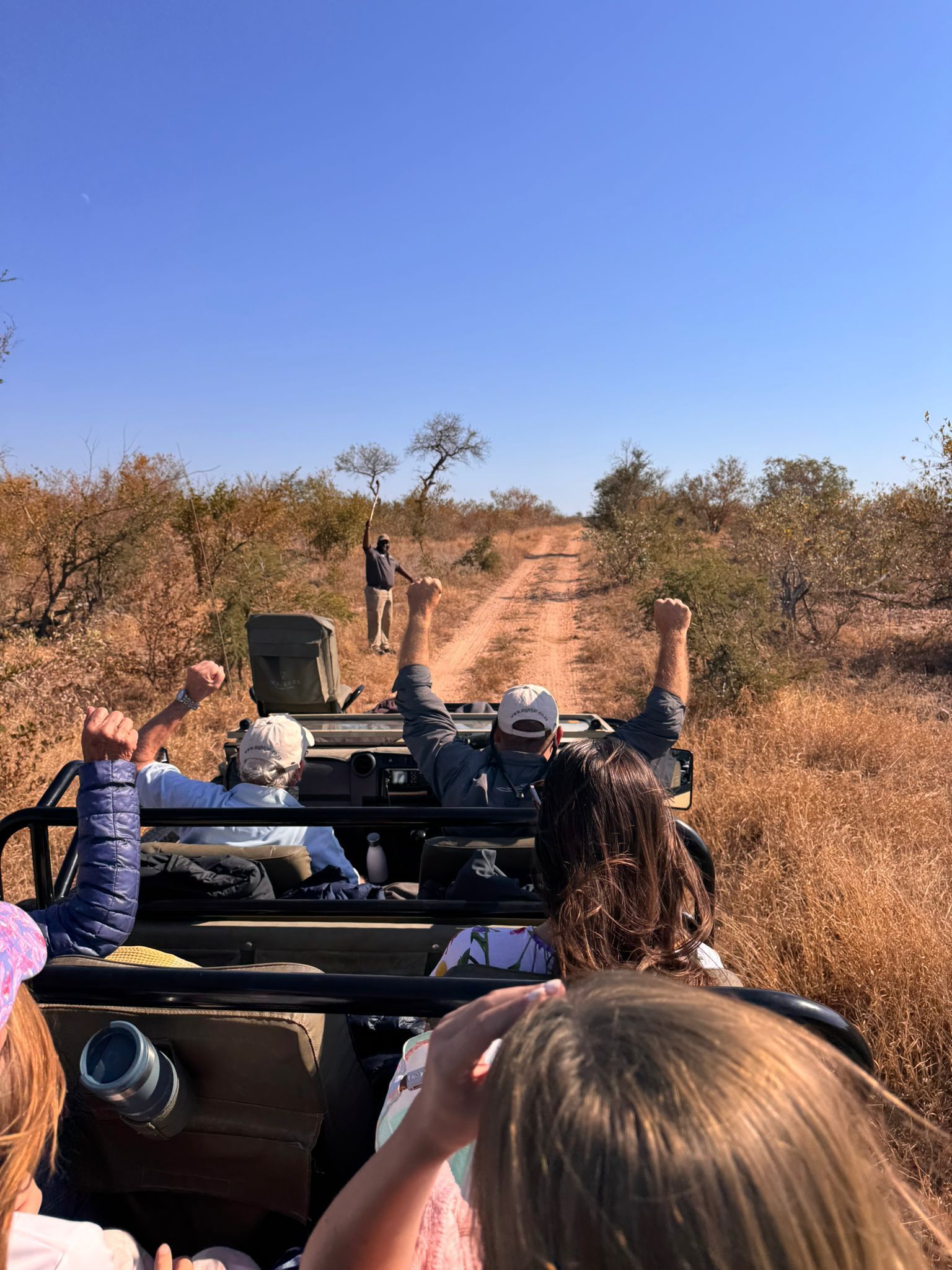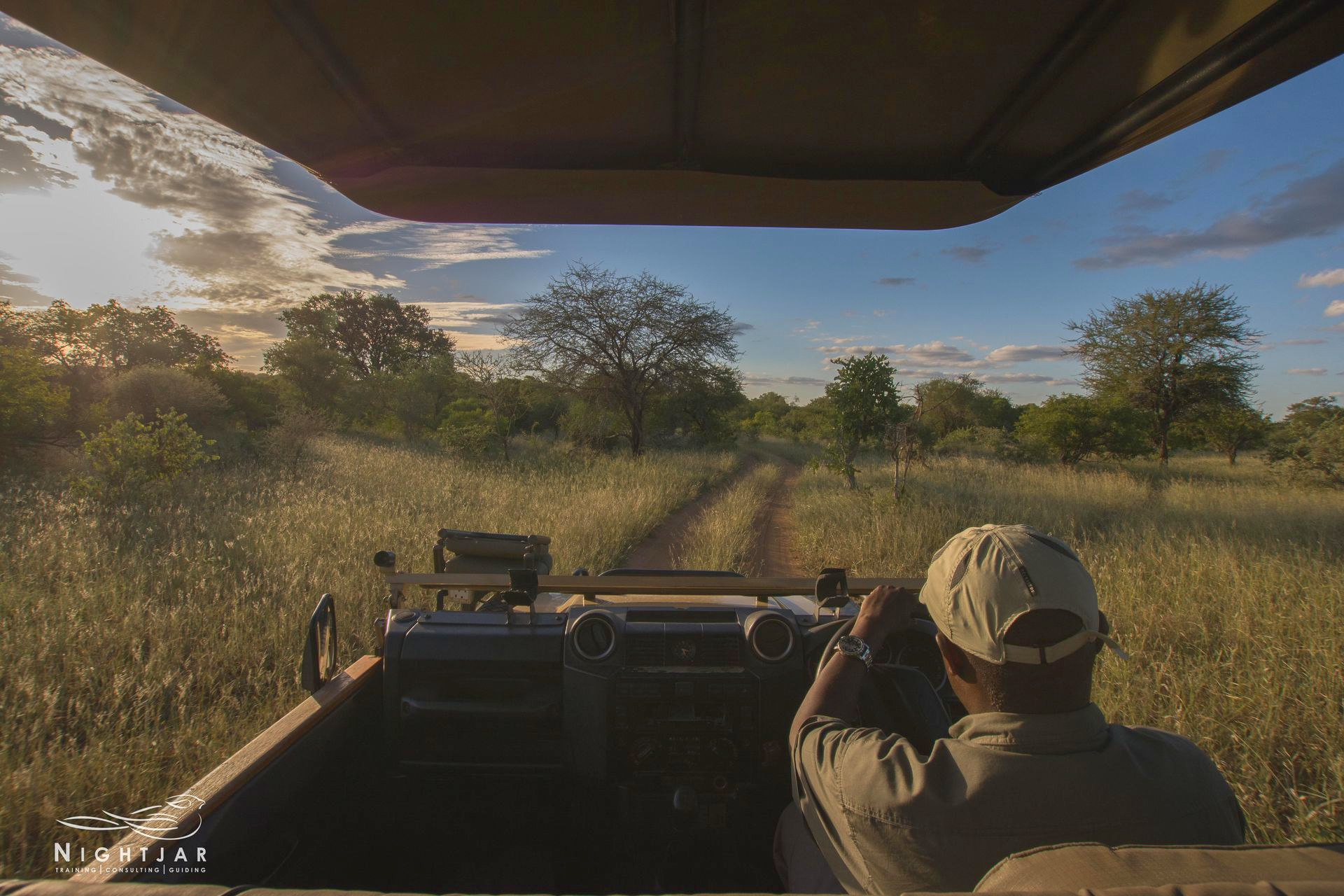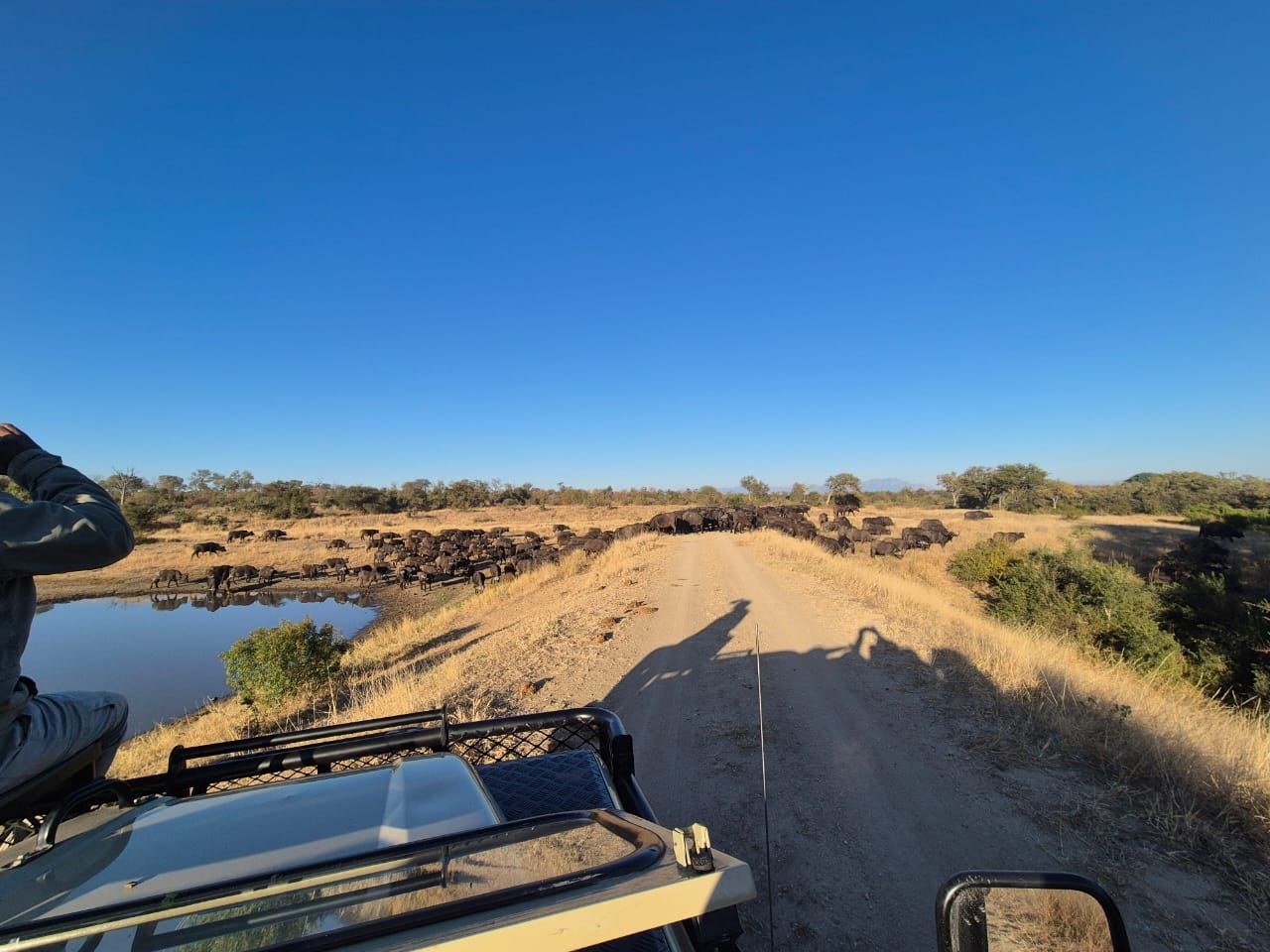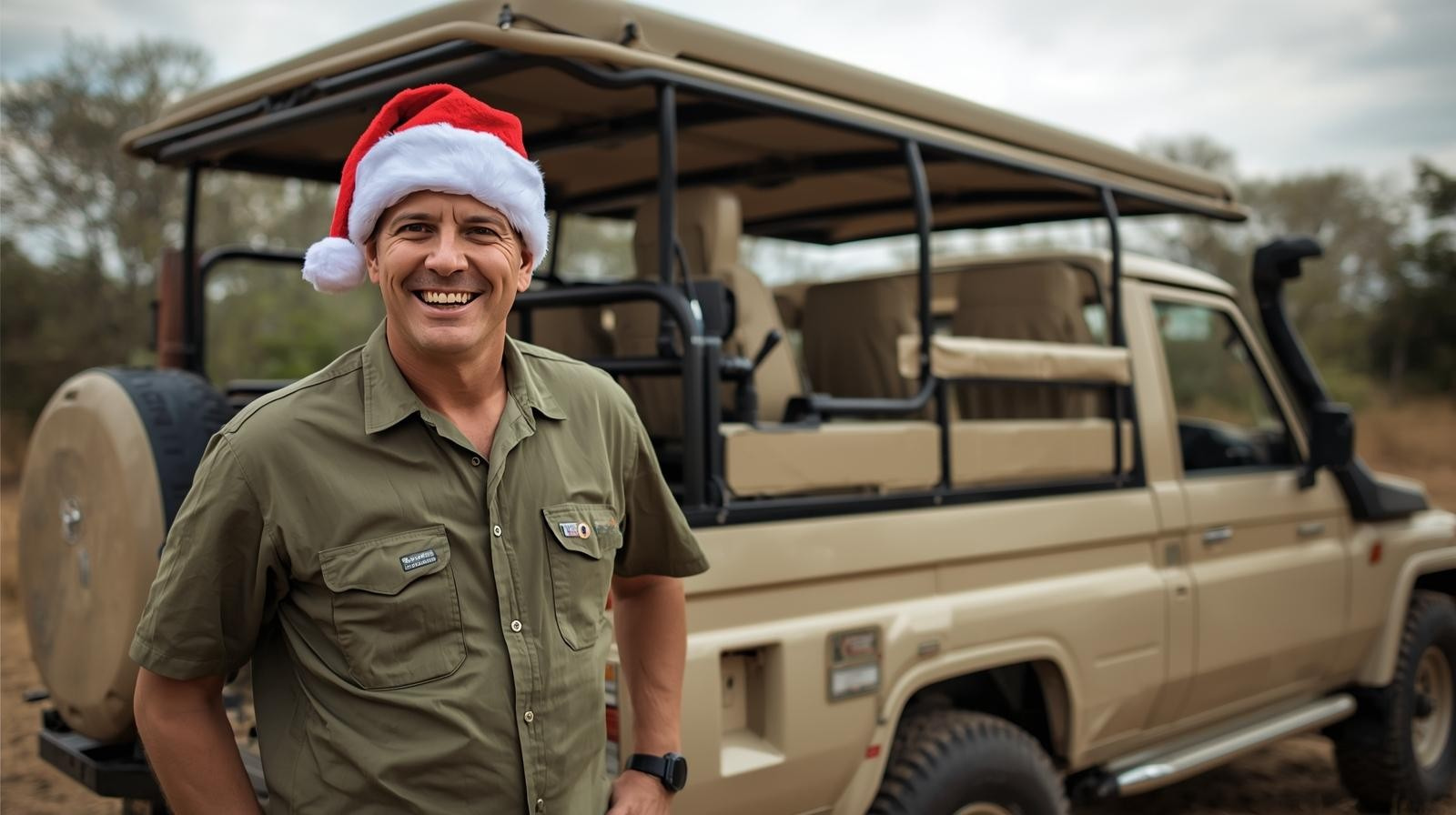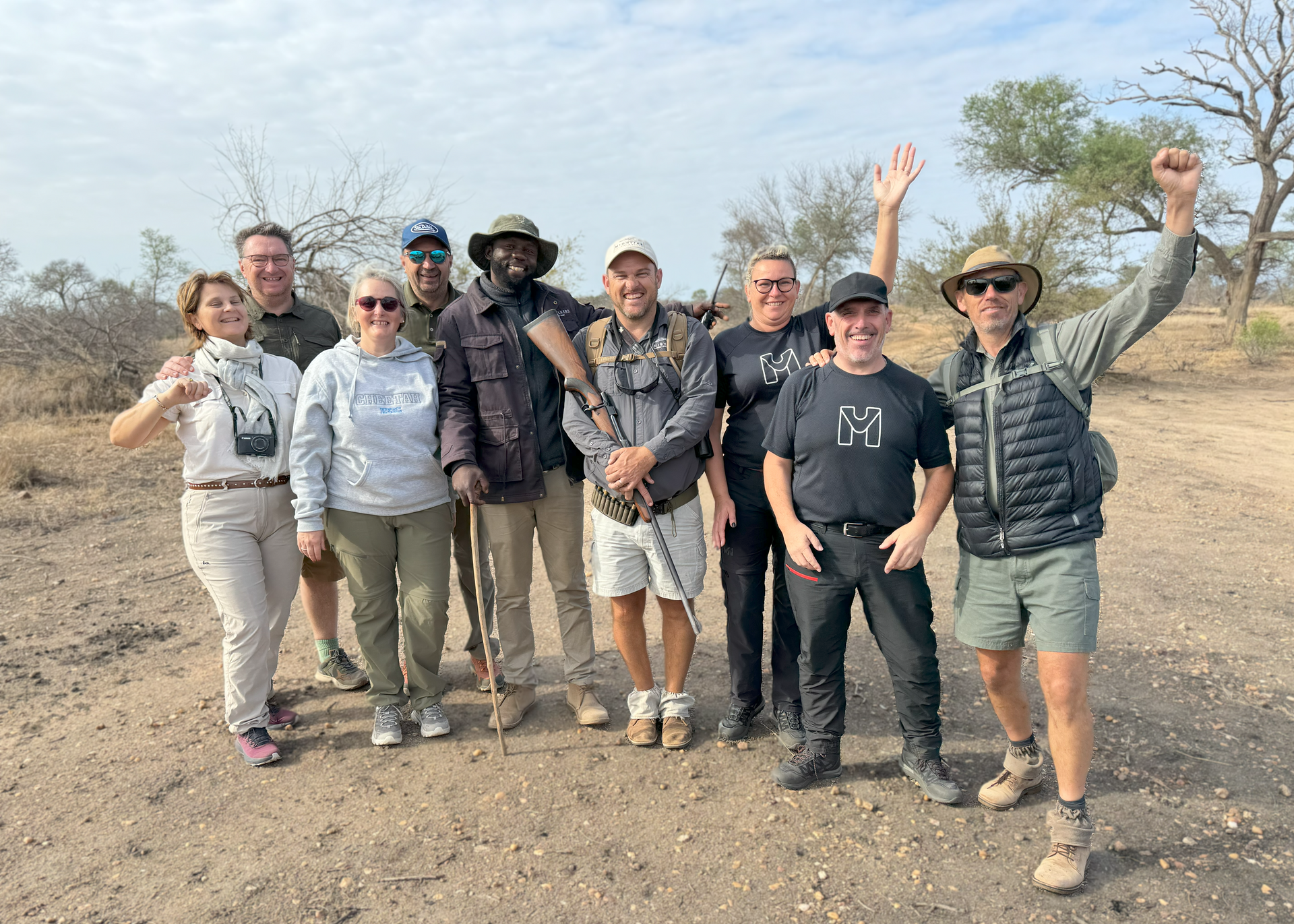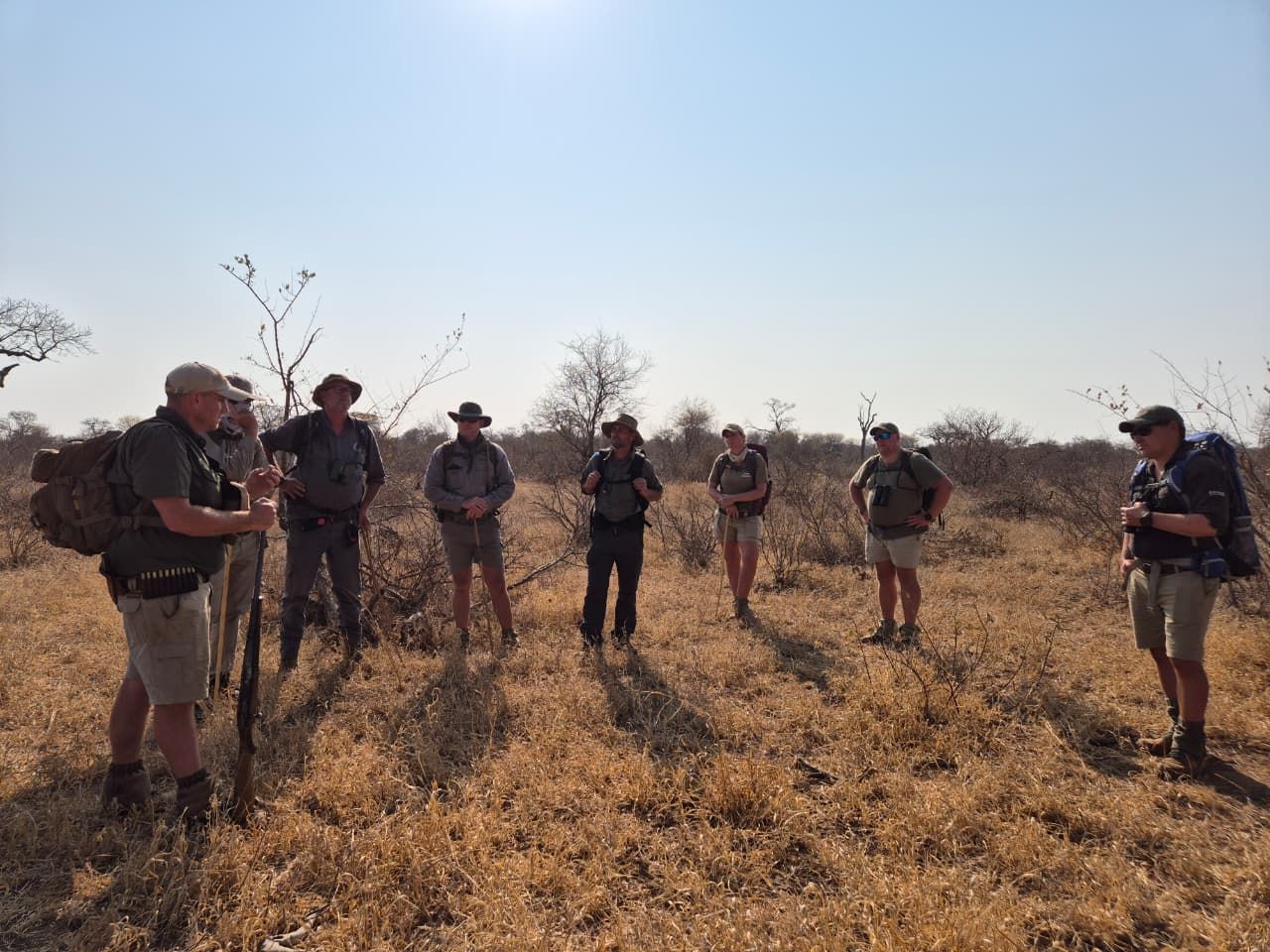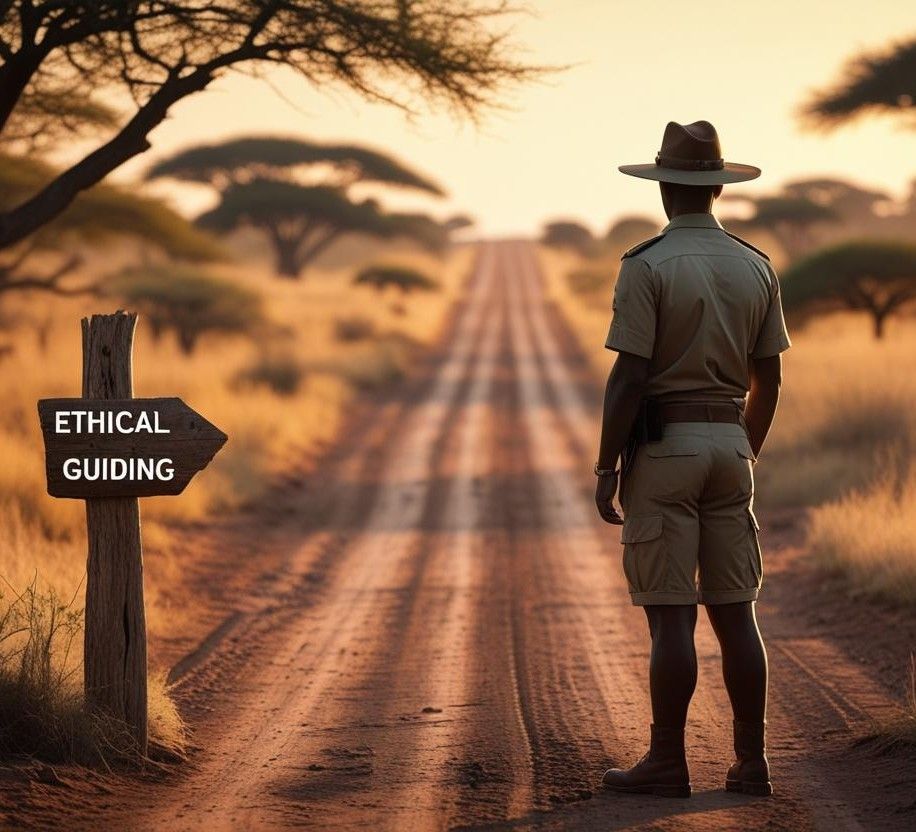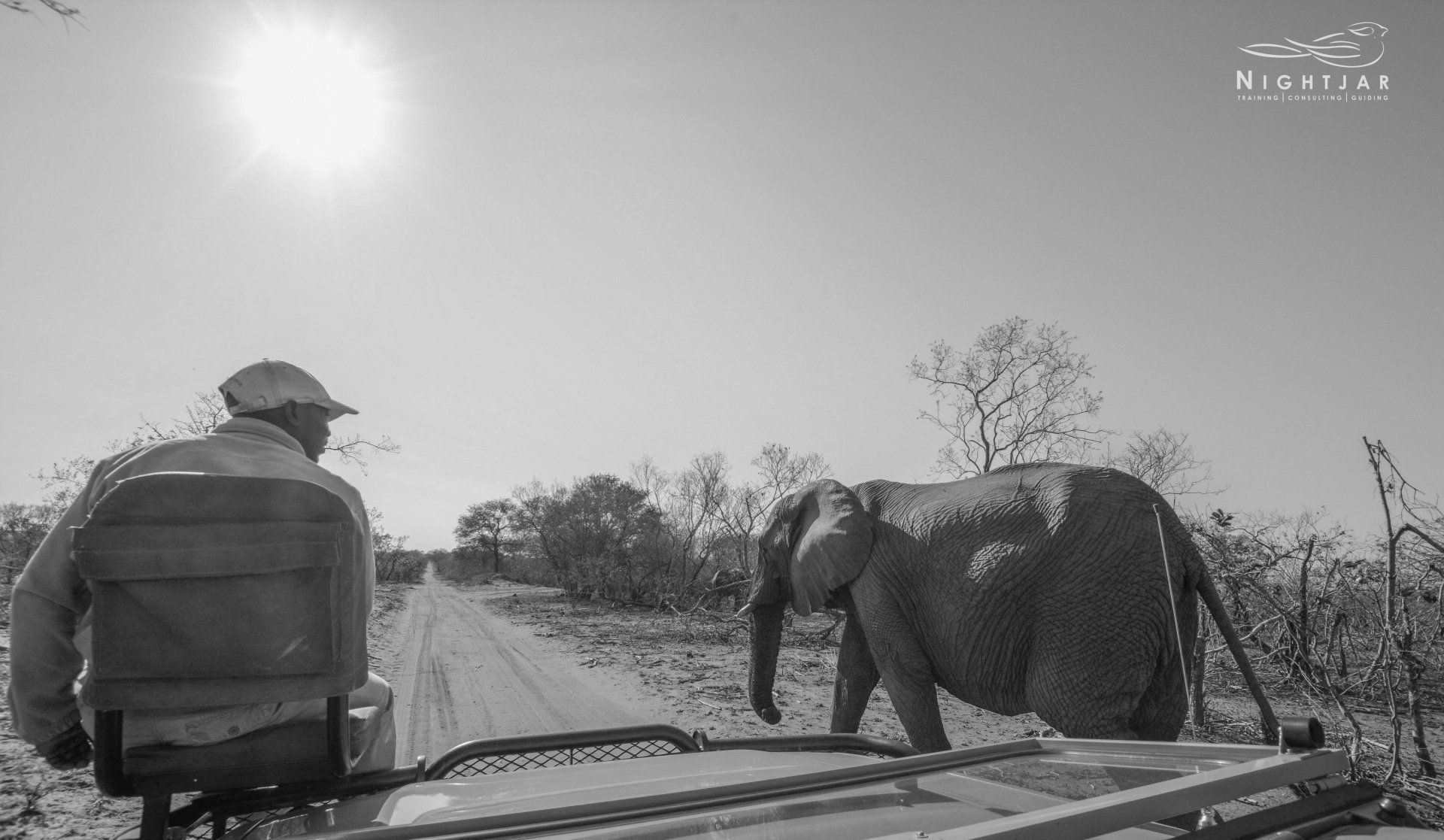Why Mental Health Is Declining in South Africa’s Guiding Community — and What We Must Do

Why Mental Health Is Declining in South Africa’s Guiding Community — and What We Must Do
Since the pandemic brought our world to a standstill in 2020, many of us in the tourism industry have been operating in survival mode—focusing on getting by, rather than looking after ourselves. We shifted priorities, made sacrifices, and kept going because we had to. And while the industry has largely bounced back, a quiet sense of uncertainty still lingers. COVID reminded us just how vulnerable tourism can be—an industry once seen as a pillar of consistency became one of the last to fully recover.
Now, as we slowly return to some kind of rhythm and renewed job security, a deeper issue has come into focus: the state of our mental health.
In South Africa, more than 16% of adults live with some form of mental illness, and over a third of employees report high levels of workplace stress. The safari and lodge industry is no exception. Long hours, remote settings, unpredictable wildlife encounters, pressure to deliver exceptional guest experiences, and ongoing seasonal fluctuations all take their toll—particularly on guiding teams.
Over the past few months, this topic has come up more and more in conversations with trusted guiding friends and colleagues. And it’s clear: we need to talk about it. It’s time to remove the stigma, speak openly, and support one another—because mental wellbeing is not a luxury. It’s essential.
Leading Stress triggers Among Guides
- Job Insecurity & Financial Pressure
Post‑COVID tourism volatility shredded income continuity. As global research shows, tourism workers under job insecurity and family financial pressure suffer significantly higher rates of stress, anxiety, and depression. Many guides in South Africa feel this pressure keenly during low season or when contract renewals are uncertain.
- Emotional toll & Burnout
Guides must remain enthusiastic, engaging, and alert. The emotional energy required to lead wildlife experiences while managing group dynamics builds over long cycles and can result in burnout.
- Remote Isolation & Lack of Support
Most guiding occurs in remote areas, away from families, friends and emotional support structures. The guiding environment is often male-dominated, with stigma around expressing vulnerability, which can worsen emotional isolation.
- Family Separation & Relationship Strain
Many guiding roles require extended onsite cycles far from home. While some lodges may accommodate couples, very few are open to families, particularly those with children. For many guides, starting a family would mean leaving their current employer or taking on long-distance parenting. As a result, some couples in the industry choose not to have children at all due to the lack of feasible support structures. In cases where guides do have families, partners and children often reside in nearby towns with access to schools, while the guide remains on-site for weeks at a time - missing birthdays, milestones, and daily bonding opportunities. Studies on frequent business travellers indicate their spouses experience up to 50% more stress and significantly increased rates of marital strain. While there are no official divorce statistics specific to the guiding industry, the parallels are undeniable, and many within the community have either experienced this firsthand or witnessed its impact.
- Pet Loss & Social Displacement
For some guides, their dog is the only emotional support in a remote lodge setting. Yet many lodges are not pet-friendly. Guides relocating often must leave beloved pets behind usually with family members, creating emotional voids and loneliness, exacerbating mental strain.
